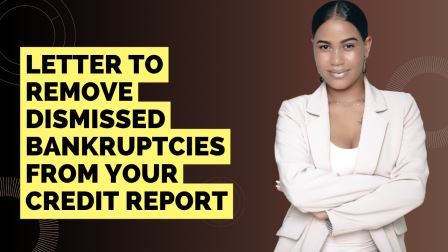Should I File for Bankruptcy or Consolidate: which is better
When debt becomes unmanageable, deciding whether to file for bankruptcy or pursue debt consolidation can be daunting. Both options offer potential relief but come with their own set of pros and cons. This article explores the intricacies of each approach, helping you make an informed choice that aligns with your unique financial situation. Understanding Bankruptcy … Read more







